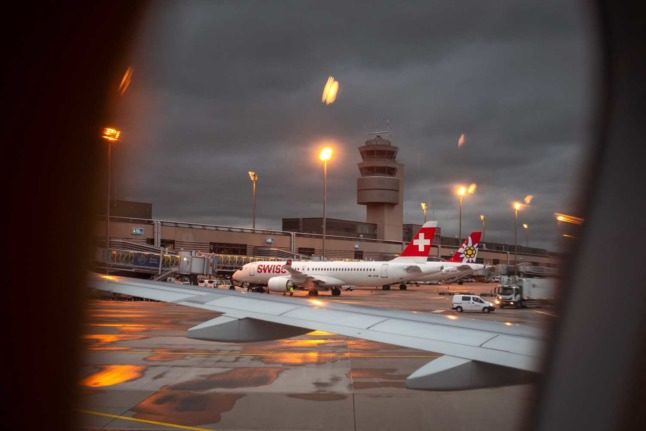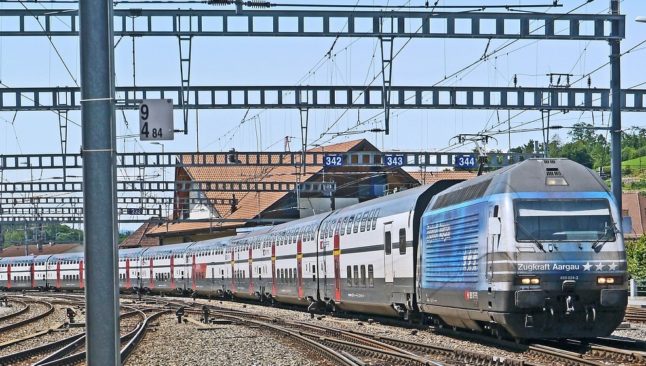Switzerland’s flagship carrier, Swiss airlines, will require all of its cabin crew and pilots to be vaccinated against Covid.
The airline announced that it will introduce this rule from November 15th, “because of the regulations in force in various countries around the world, which increasingly require a compulsory vaccine for crews”.
The airline said it would become too difficult to organise crews on the basis of ground rules in respective countries.
UPDATED: Who can travel to Switzerland right now?
“The different handling of vaccinated and unvaccinated crew members and the associated high complexity of operational planning would mean that orderly flight operations could no longer be ensured in the long term,” reads the press release.
Hong Kong is the first destination in the Swiss network to require proof of vaccination for crews from certain countries, including for flights from Switzerland.
SWISS is making COVID-19 vaccination mandatory for its entire flying personnel from mid-November onwards, for operational reasons and under its duty of care towards its employees. For more information: https://t.co/1Thu3UTVrZ pic.twitter.com/fQh4UJHLLw
— LX_Newsroom (@LX_Newsroom) August 24, 2021
“It is important that we take measures now that allow us to preserve our global network while fulfilling our duty to protect our employees”, said the company’s CEO Dieter Vranckx.
Airlines have been one of the hardest hit industries as a result of the Covid pandemic.
The decision has been understood by airline crews, who indicated they would have preferred the requirement remain voluntary.
“This is a decision that is lawful and anchored in the GAV,” says Sandrine Nikolic-Fuss to Swiss news outlet 20 Minutes.
“We would have liked the vaccination to remain voluntary, but we can understand that it would not have been possible in many countries because of its applicability.”
While some pilots have indicated they would have preferred to be consulted on the issue, the pilot union was similarly understanding.
UPDATED: Can you be fired in Switzerland if you refuse the Covid-19 vaccine?
“We would have liked to have talked to us beforehand about the consequences for employees who do not want or cannot be vaccinated. You don’t know what to expect now,” said Henning Hoffmann, managing director of the Aeropers pilots’ association.
While we feel vaccination “should remain voluntary in principle, but the decision is understandable in view of the restrictions in many countries.”



 Please whitelist us to continue reading.
Please whitelist us to continue reading.
Member comments